
An invitation to a Wellness Discussion from the Nature Restoration Group of Prepare For Change:
If the start of the holiday season this week has you questioning, again, why so much pomposity and expectation comes with the festivities, you are not alone. Eating. Shopping. Travel. Family. Giving of Thanks. Forgiveness.
Sound like your four-day weekend agenda? Awesome.
These days can be stressful, unnerving and unnecessary to some. But have no fear, we are here to help and to offer you an opportunity to share your thoughts and misgivings regarding the whole business and construct of the holidays. After all, our mission is to assist in the awakening, and besides, what other family member is still willing to talk to you about these things?
We will be holding a live Zoom Call this Saturday evening to talk about the holidays and what they do and do not represent. The call will be presented by Nicole who along with her husband, have taken a courageous stance in their commitment to staying true to what they believe and value. Such commitment is summarized below in her own words.
Nicole will share her experiences and thoughts on how this has affected her immediate and extended family and friends, and why it is important to her.
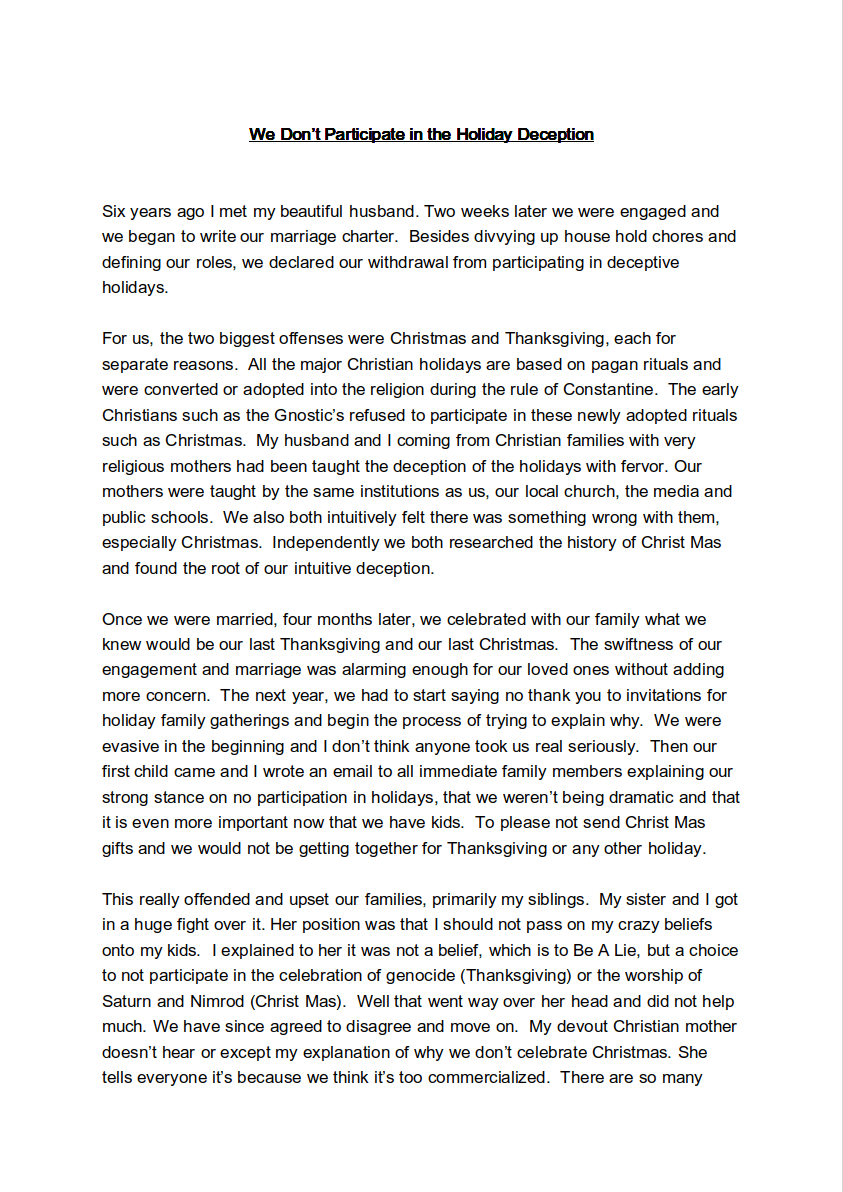
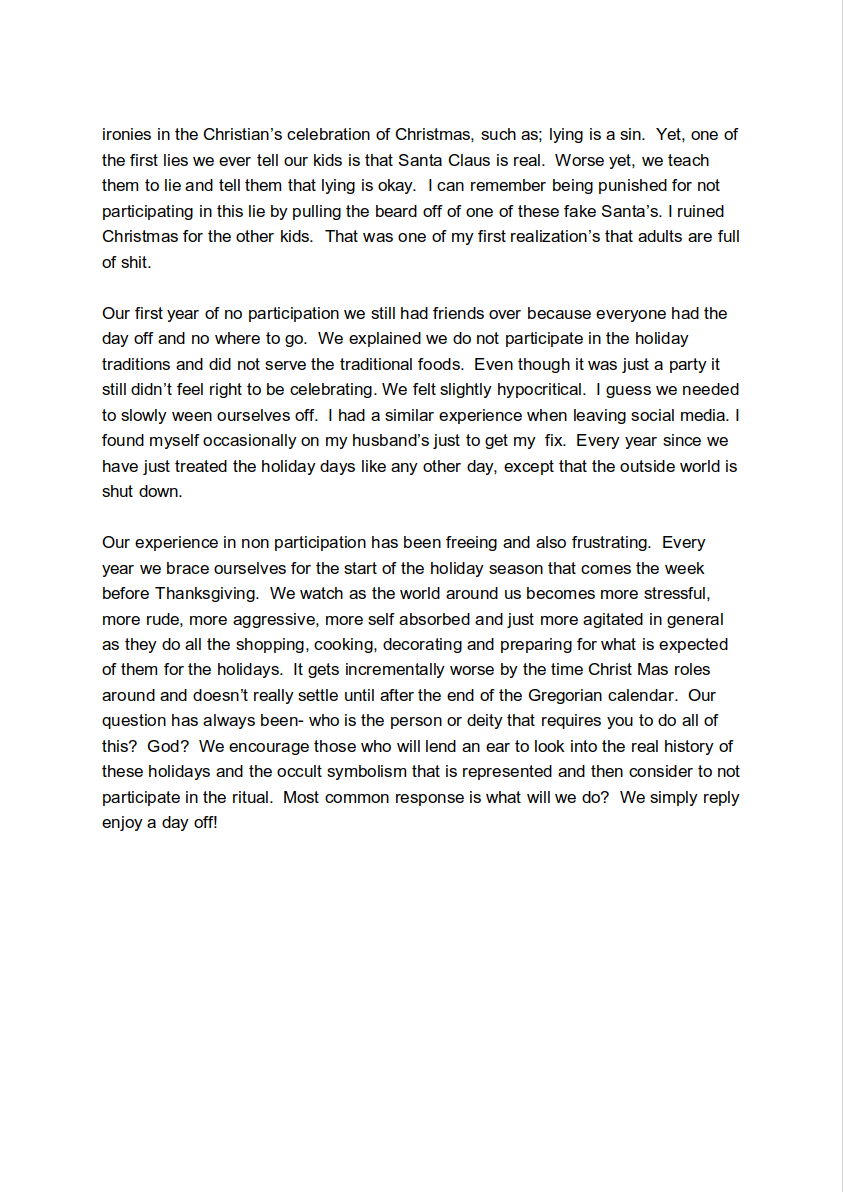
We hope you can join us. The call will be Saturday, November 30 at 7:30 pm CST USA. Here is the The Zoom Meeting information:
Topic: Holiday Zoom Meeting
Time: Nov 30, 2019 06:30 PM Mountain Time (US and Canada)
Join Zoom Meeting
https://zoom.us/j/226003932?pwd=Tm1VZFlIRlptcThmZCt0VHJiTllWdz09
Meeting ID: 226 003 932
Password: 033291
One tap mobile
+16699006833,,226003932# US (San Jose)
+16465588656,,226003932# US (New York)
Dial by your location
+1 669 900 6833 US (San Jose)
+1 646 558 8656 US (New York)
Meeting ID: 226 003 932
Find your local number: https://zoom.us/u/aBOErxfbI
Here are further articles about the holidays that can be found on the internet, and may be thought provoking. Enjoy.
What Causes Holiday Stress?
Unhappy memories
Toxic relatives
What’s changed
What’s stayed the same
Lowered defenses
Doing everything you are “supposed” to do
Keeping up with the Jones’ mentality that is sold to you through the media and then passed down as traditions from generation to generation
Forty-five percent of Americans would prefer to skip Christmas, according to a survey from Think Finance and reported on NBC News.
Holiday stress statistics show that up to 69 percent of people are stressed by the feeling of having a “lack of time,” 69 percent are stressed by perceiving a “lack of money,” and 51 percent are stressed out about the “pressure to give or get gifts.”
According to a survey by the American Psychological Association, 38 percent of people said their stress level increases during the holidays.
Another survey, by the investment firm Principal Financial Group, revealed that 53 percent of people feel financially stressed by holiday spending,
Some people suffer from seasonal affective disorder (SAD), which is a seasonal type of depression connected to changes in the weather.
Two Versions of Thanksgiving?
If you happen to spend Thanksgiving in Plymouth Massachusetts this year, you can choose between two public commemorations. You can watch the official parade, in which townspeople dressed like pilgrims march to Plymouth Rock bearing blunderbusses and beating drums. Or you can stand on the top of Coles Hill with indigenous people and their supporters and fast in observance of what they call a “national day of mourning” in remembrance of the destruction of Indian culture and peoples.
These two events represent radically different visions of American history. The official version, the one we learn in school, essentially starts with the landing of the Mayflower in 1620 in a small bay north of Cape Cod. In the Native version, on the other hand, the appearance of the Pilgrims on American shores marks the beginning of the end.
In fact, the end times began for Massachusetts Indians several years earlier, when British slaving crews inadvertently introduced smallpox— carried by their infected cattle— to coastal New England killing over ninety percent of the local population, who lacked antibodies to fight the disease. While the decimated Wampanoag helped the British boat people survive their first harrowing year, Native Americans say that the favor was not returned. A group which calls itself “The United American Indians of New England” alleges that in return for Indian generosity, Pilgrims stole their grain stores and robbed Wampanoag graves.
The notion that the first Thanksgiving was some kind of cross-cultural love-fest, as it has been portrayed, is also disputed by historians, who say that the settlers and the Indians were brought together less by genuine friendship than by the extremity of their mutual need. The two struggling communities were never more than wary allies against other tribes.
The colonists were contemptuous of the Indians, who they regarded as uncivilized and satanic heathens, and the fragile early peace between Native Americans and the early settlers would soon unravel in a horrific manner in what is now Mystic Connecticut, where the Pequot tribe was celebrating their own Thanksgiving, the green corn festival. In the predawn hours, settlers— not the Pilgrims, but a band of Puritans— descended on their village and shot, clubbed and burned alive over 700 native men, woman and children.
This slaughter, according to Robert Jensen, a professor at the University of Texas at Austin, was the real origin of Thanksgiving— so proclaimed in 1637 by Massachusetts Bay Governor John Winthrop in gratitude for God’s destruction of the defenseless Pequot village. Thereafter massacres of the Indians were routinely followed by “days of thanksgiving.”
In 1863, Lincoln did set Thanksgiving as an official holiday to be celebrated on the fourth Thursday of November every year.
In 1939, President Franklin D. Roosevelt agreed to move the annual Thanksgiving holiday to the third Thursday of November. Why? To help the economy by making the Christmas shopping season a little bit longer. There was so much opposition to the move that two years later he changed it to the fourth Thursday in November.
From Indian Country Today:
The Wampanoag Thanksgiving experience
What is the true history of Thanksgiving? When you hear about the Pilgrims and “the Indians” harmoniously sharing the “first Thanksgiving” meal in 1621, the Indians referred to so generically are the ancestors of the contemporary members of the Wampanoag Nation. As the story commonly goes, the Pilgrims who sailed from England on the Mayflower and landed at what became Plymouth, Massachusetts, in 1620 had a good harvest the next year.
So Plymouth Gov. William Bradford organized a feast to celebrate the harvest and invited a group of “Native American allies, including the Wampanoag chief Massasoit” to the party. The feast lasted three days and, according to chronicler Edward Winslow, Bradford sent four men on a “fowling mission” to prepare for the feast and the Wampanoag guests brought five deer to the party. And ever since then, the story goes, Americans have celebrated Thanksgiving on the fourth Thursday of November. Not exactly, Ramona Peters, the Mashpee Wampanoag Tribe’s Tribal Historic Preservation Officer told Indian Country Media Network in a conversation on the day before Thanksgiving 2012—391 years since that mythological “first Thanksgiving.”
We know what we’re taught in mainstream media and in schools is made up. What’s the Wampanoag version of what happened?
Yeah, it was made up. It was Abraham Lincoln who used the theme of Pilgrims and Indians eating happily together. He was trying to calm things down during the Civil War when people were divided. It was like a nice unity story.
So it was a political thing?
Yes, it was public relations. It’s kind of genius, in a way, to get people to sit down and eat dinner together. Families were divided during the Civil War.
So what really happened?
The true history of Thanksgiving starts with a treaty. The leader of our nation at the time—Yellow Feather Oasmeequin [Massasoit] made a treaty with (John) Carver [the first governor of the colony]. They elected an official while they were still on the boat. They had their charter. They were still under the jurisdiction of the king [of England]—at least that’s what they told us. So they couldn’t make a treaty for a boatload of people so they made a treaty between two nations—England and the Wampanoag Nation.
What did the treaty say?
It basically said we’d let them be there and we would protect them against any enemies and they would protect us from any of ours. [The 2011 Native American copy coin commemorates the 1621 treaty between the Wampanoag tribe and the Pilgrims of Plymouth colony.] It was basically an ‘I’ll watch your back, you watch mine’ agreement. Later on we collaborated on jurisdictions and creating a system so that we could live together.
What’s the Mashpee version of the 1621 meal?
You’ve probably heard the story of how Squanto assisted in their planting of corn? So this was their first successful harvest and they were celebrating that harvest and planning a day of their own thanksgiving. And it’s kind of like what some of the Arab nations do when they celebrate by shooting guns in the air. So this is what was going on over there at Plymouth. They were shooting guns and cannons as a celebration, which alerted us because we didn’t know who they were shooting at. So Massasoit gathered up some 90 warriors and showed up at Plymouth prepared to engage, if that was what was happening, if they were taking any of our people. They didn’t know. It was a fact-finding mission.
When they arrived it was explained through a translator that they were celebrating the harvest, so we decided to stay and make sure that was true, because we’d seen in the other landings—[Captain John] Smith, even the Vikings had been here—so we wanted to make sure so we decided to camp nearby for a few days. During those few days, the men went out to hunt and gather food—deer, ducks, geese, and fish. There are 90 men here and at the time I think there are only 23 survivors of that boat, the Mayflower, so you can imagine the fear. You have armed Natives who are camping nearby. They [the colonists] were always vulnerable to the new land, new creatures, even the trees—there were no such trees in England at that time. People forget they had just landed here and this coastline looked very different from what it looks like now. And their culture—new foods, they were afraid to eat a lot of things. In the true history of Thanksgiving, they were very vulnerable and we did protect them, not just support them, we protected them. You can see throughout their journals that they were always nervous and, unfortunately, when they were nervous they were very aggressive.
So the Pilgrims didn’t invite the Wampanoags to sit down and eat turkey and drink some beer?
[laughs] Ah, no. Well, let’s put it this way. People did eat together [but not in what is portrayed as “the first Thanksgiving]. It was our homeland and our territory and we walked all through their villages all the time. The differences in how they behaved, how they ate, how they prepared things was a lot for both cultures to work with each other. But in those days, it was sort of like today when you go out on a boat in the open sea and you see another boat and everyone is waving and very friendly—it’s because they’re vulnerable and need to rely on each other if something happens. In those days, the English really needed to rely on us and, yes, they were polite as best they could be, but they regarded us as savages nonetheless.
So you did eat together sometimes, but not at the legendary Thanksgiving meal.
No. We were there for days. And this is another thing: We give thanks more than once a year in formal ceremony for different season, for the green corn thanksgiving, for the arrival of certain fish species, whales, the first snow, our new year in May—there are so many ceremonies and I think most cultures have similar traditions. It’s not a foreign concept and I think human beings who recognize greater spirit then they would have to say thank you in some formal way.
What are Mashpee Wampanoags taught about Thanksgiving now?
Most of us are taught about the friendly Indians and the friendly Pilgrims and people sitting down and eating together. They really don’t go into any depth about that time period or the true history of Thanksgiving and what was going on in 1620. It was a whole different mindset. There was always focus on food because people had to work hard to go out and forage for food, not the way it is now. I can remember being in Oklahoma amongst a lot of different tribal people when I was in junior college and Thanksgiving was coming around and I couldn’t come home—it was too far and too expensive—and people were talking about, Thanksgiving, and, yeah, the Indians! And I said, yeah, we’re the Wampanoags. They didn’t know! We’re not even taught what kind of Indians, Hopefully, in the future, at least for Americans, we do need to get a lot brighter about other people.
So, basically, today the Wampanoag celebrate Thanksgiving the way Americans celebrate it, or celebrate it as Americans?
Yes, but there’s another element to this that needs to be noted as well. The Puritans believed in Jehovah and they were listening for Jehovah’s directions on a daily basis and trying to figure out what would please their God. So for Americans, for the most part there’s a Christian element to Thanksgiving so formal prayer and some families will go around the table and ask what are you thankful for this year. In Mashpee families we make offerings of tobacco. For traditionalists, we give thanks to our first mother, our human mother, and to Mother Earth. Then, because there’s no real time to it you embrace your thanks in passing them into the tobacco without necessarily speaking out loud, but to actually give your mind and spirit together thankful for so many things… Unfortunately, because we’re trapped in this cash economy and this 9-to-5 [schedule], we can’t spend the normal amount of time on ceremonies, which would last four days for a proper Thanksgiving.
Do you regard Thanksgiving as a positive thing?
As a concept, a heartfelt Thanksgiving is very important to me as a person. It’s important that we give thanks. For me, it’s a state of being. You want to live in a state of thanksgiving, meaning that you use the creativity that the Creator gave you. You use your talents. You find out what those are and you cultivate them and that gives thanks in action.
And will your family do something for Thanksgiving?
Yes, we’ll do the rounds, make sure we contact family members, eat with friends and then we’ll all celebrate on Saturday at the social and dance together with the drum.
From Bible Resources:
Thanksgiving is one of our main national holidays here in the USA. A good question to ask is “Are we as Christians celebrating it the way the Lord would have us celebrate, or have we compromised with the world?” Have we lost the emphasis on thanksgiving and prayer and shifted it to a gluttonous feast of food, drink and games like those in the world have done? God wants us to enjoy family, friends and feasting, but leaving God out of the day breaks His heart. More and more the media is referring to this holiday as “turkey day” instead of Thanksgiving Day. They also eliminate the object of who we are to offer our thanks. We are just to be “thankful” we are told. Who should our thanks be directed to? The object of our thanks for our many blessings, should be directed to the Lord God. It should not just be a general “thanks.”
The first American Thanksgiving was celebrated less than a year after the Christian Plymouth colonists had settled in the new land of America. The first Thanksgiving Day, set aside for the special purpose of prayer as well as celebration, was decreed by Governor William Bradford in July 30, 1623. There were harvest festivals, or days of thanking God for plentiful crops. During the Revolutionary War, eight special days of thanks were observed for victories and for being saved from dangers. On November 26, 1789, President George Washington issued a general proclamation for a day of thanks. Our national day of thanksgiving was proclaimed by President Lincoln in 1863 with these words, “a day of Thanksgiving and praise to our beneficent Father.”
From The Firearms Forum:
A little known fact about the history of the Pilgrims in Plymouth is that they originally had a communal property agreement, essentially modern day socialism where everything was owned by a corporation sponsoring their venture. The Pilgrims owned all things in common with equal shares and division of work.
This led to a lack of industrious work since those that did little to nothing had as much as those who carried most of the burden. Socialism was at the heart of why half of the Pilgrims died in the first few years.
That was only corrected when in 1623, they decided to give each family their own privately owned plot of land and allow them to keep all proceeds from that land. The Thanksgiving following this decision was when they gave thanks to their Creator for all He had provided and they shared this with their neighbors, the Indians. It is shocking we seldom hear of this history which I heard for the first time in my 60 years today.
From Bradfords own journal, the debates of today over the merits of capitalism vs socialism points to the fundamental benefits of private property ownership and the reward of a man’s own labor :
“And so assigned to every family a parcell of land, according to the proportion of their number for that end, only for present use (but made no devission for inheritance), and ranged all boys & youth under some familie. This had very good success; for it made all hands very industrious, so as much more corne was planted then other waise would have bene by any means ye Govr or any other could use, and saved him a great deall of trouble, and gave farr better contente. The women now wente willingly into ye feild, and tooke their litle-ons with them to set corne, which before would aledg weaknes, and inabilitie; whom to have compelled would have bene thought great tiranie and oppression.
The experience that was had in this comone course and condition, tried sundrie years, and that amongst godly and sober men, may well evince the vanitie of that conceite of Platos & other ancients, applauded by some of later times; that ye taking away of propertie, and bringing in comunitie into a comone wealth, would make them happy and florishing; as if they were wiser then God. For this comunitie (so farr as it was) was found to breed much confusion & discontent, and retard much imploymet that would have been to their beneflte and comforte. For ye yong-men that were most able and fitte for labour & service did repine that they should spend their time & streingth to worke for other mens wives and chil- dren, with out any recompence. The strong, or man of parts, had no more in devission of victails & cloaths, then he that was weake and not able to doe a quarter ye other could; this was thought injuestice.”
Disclaimer: We at Prepare for Change (PFC) bring you information that is not offered by the mainstream news, and therefore may seem controversial. The opinions, views, statements, and/or information we present are not necessarily promoted, endorsed, espoused, or agreed to by Prepare for Change, its leadership Council, members, those who work with PFC, or those who read its content. However, they are hopefully provocative. Please use discernment! Use logical thinking, your own intuition and your own connection with Source, Spirit and Natural Laws to help you determine what is true and what is not. By sharing information and seeding dialogue, it is our goal to raise consciousness and awareness of higher truths to free us from enslavement of the matrix in this material realm.
 EN
EN FR
FR



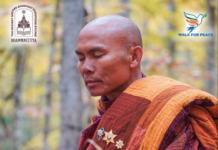


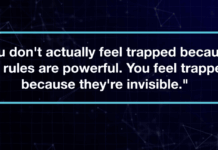

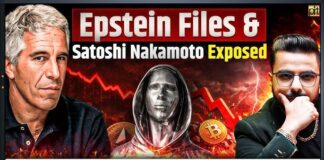

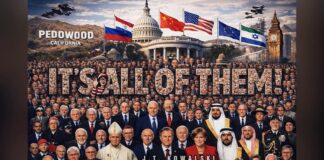
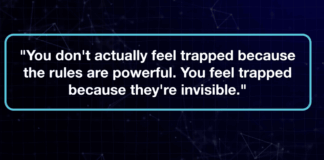
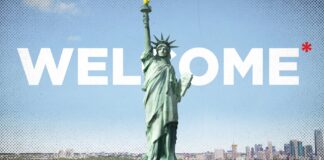













Right On Dhara.
My thoughts too!
I thank DAILY my car for its traveling / safety, my house for the provisions it provides me with comfort, protection and safety, my animals for being my friends, my neighbors for their friendship, etc
Consumerism during holidays are a “Rich Mans Trick”
to continue to fool the masses.
I buy gifts when I feel like it, etc.
When people go on diets Jan 1…
I say you can do that Sept 3rd or April 28th, too. Pick a day – don’t let the calendar be your master….
I am so grateful there are people who feel the same way I do. I no longer live by the calendar, including anniversaries, birthdays, etc. because they force me to do what is expected of me. If I want to send someone a card or gift I do it because I want to, not because it is expected of me, an empty gesture at best. I have spent most of my life seeking and living by my authentic self and holidays corrupt that, a form of manipulation. We spend the entire year purchasing and the holidays no longer have meaning, but have become a purchasing climax that fills everyone’s garage sales the following summer. The Holidays are someone else’s creations, not mine.
Thanksgiving? Why does something have to die – turkeys – to celebrate our freedom that doesn’t really exist?
I give thanks for what works for me, including my car, for arriving home safely, etc. Everything has a consciousness and our own consciousness affects everything in our lives. Mastery of our thoughts cannot happen when we allow ourselves to be economically manipulated as consumers. The Law of Attraction is ours to master by conscious choices.
It takes courage to think for ourselves, but nothing else is soul-satisfying.